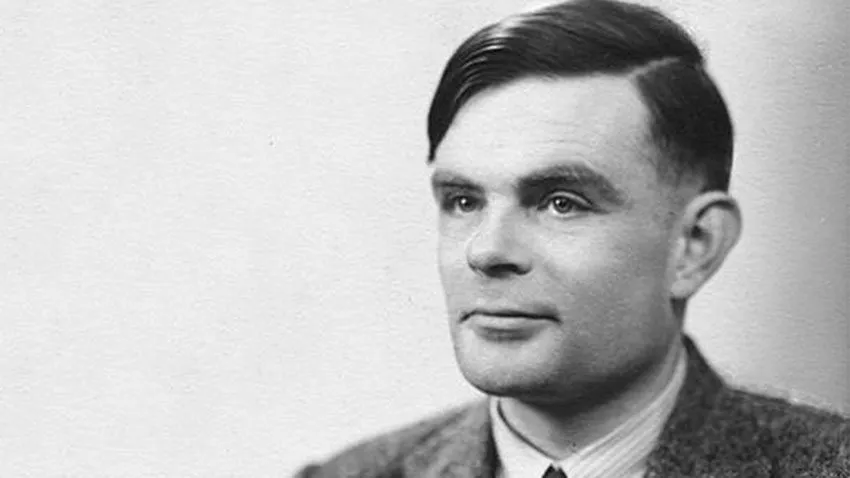World War II codebreaker Alan Turing, who was convicted of gross indecency for consensual homosexual sex in 1952 (Creative Commons)
The UK Home Office has been accused of failing to wipe historical convictions for gay consensual sex, despite a 2012 government scheme to “see this wrong finally put right.”
Sex in private between two men aged over 21 was legalised in 1967, but laws against “buggery” and “soliciting” remained until 2004.
The Protection of Freedoms Bill was introduced in 2012 to allow those with convictions for gay consensual sex to apply for them to be deleted, so that the convictions no longer have to be declared and will not show up on criminal record checks.
This is separate from Turing’s Law, which allows men convicted of historical gay sex offences to apply for a formal pardon from the government.
A Freedom of Information request submitted by The Guardian revealed that fewer than 200 of these wrongful convictions have been officially erased since the scheme was introduced seven years ago – a failure rate of 71 percent.

Human rights campaigner Peter Tatchell said the statistics were “very depressing.”
He told The Guardian: “An estimated 100,000 men were convicted under anti-gay laws from 1885 to 2003, when homosexuality was finally fully decriminalised in England and Wales. Around 15,000 of these men are still alive.
“Many of these men had their lives ruined. Not only did they carry the stigma of a criminal conviction but many were jailed and beaten. Some lost their homes, jobs, marriages and children.
“These men deserve compensation for their suffering but so far the government is refusing them recompense.”

The convictions left many men feeling stigmatised and unable to get jobs that require a criminal record check.
Tatchell suggested that the astonishingly low number of overall applications may be because many older gay men who suffered at the hands of the state are still wary of engaging with it.
But of those who did apply, the vast majority were rejected.
Figures show that 474 convictions out of 663 submitted to the scheme were not eligible for deletion. Of those, 335 were described as “offences outside of the scope” of the act.
A Home Office spokesperson said: “The government made it possible for men with eligible historical convictions for decriminalised behaviours to apply to have their convictions disregarded. Those who have their convictions disregarded are also automatically pardoned for the offence.”
